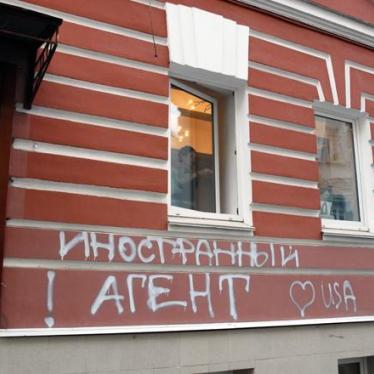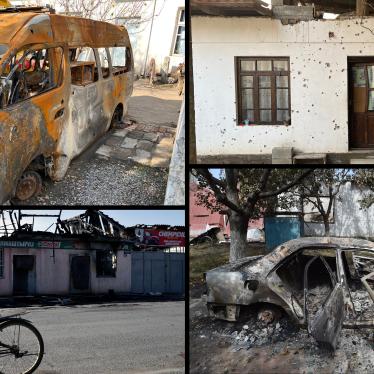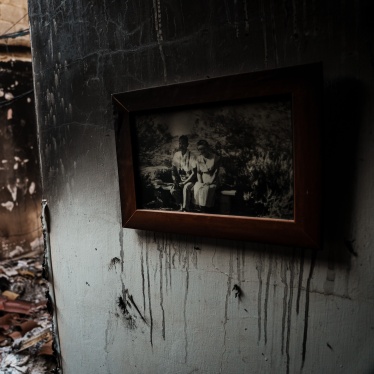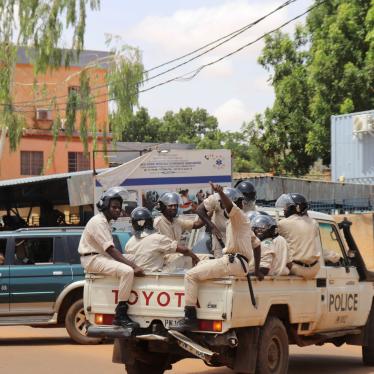(Berlin, October 2, 2024) – Kyrgyzstan's government has proposed problematic amendments to the criminal code and other legislative acts that would restore criminal charges for the mere possession of materials deemed “extremist,” Human Rights Watch said today. This move threatens to undo crucial progress made in 2019 when authorities decriminalized possession without intent to distribute such materials.
The draft law, posted for public consultation on September 3, 2024, by the Interior Ministry, would amend article 332 of the criminal code to include a provision to punish individuals who possess “extremist” materials with penalties of up to three years in prison, if they have already received a written warning. Research by Human Rights Watch in 2018 found that when possession of “extremist” materials was criminalized, it led to hundreds of convictions, often for possessing religious content that contained no calls for violence.
“Criminalizing the simple possession of vaguely defined ‘extremist’ content opens the door to targeting dissenting voices, whether they're political opponents, journalists, human rights defenders, or members of minority faiths,” said Syinat Sultanalieva, Central Asia researcher at Human Rights Watch. “This proposed law is destined to be a tool for silencing legitimate speech and peaceful religious practice.”
Human Rights Watch has previously documented the misuse of extremism charges in Kyrgyzstan, particularly against nonviolent adherents of minority religions and government critics. In 2019, the criminal code was reformed to decriminalize possession of “extremist” materials, including videos, pamphlets, and songs, leaving possession as a criminal offense only if the person charged had disseminated it or intended to. However, implementation has been problematic and many of those convicted have not received a fair review of their cases.
The draft amendments also expand the definition of “extremist activity” to include “public calls for committing extremist activities or for the forcible seizure of power.” The Kyrgyz law enforcement agencies have previously applied the concept of extremist activity in an overly broad manner, often weaponizing the criminal code provisions against journalists, human rights defenders, and citizens who merely oppose or criticize government officials, legislation, policies, or their implementation.
The amendments would also increase penalties for existing offenses related to extremism and calls for seizure of power. Producing or distributing “extremist” materials could result in 5 to 7 years in prison, up from the current maximum of 5 years. The draft introduces a new offense of using the internet or mass media to make public calls for “extremist activity,” punishable by 3 to 5 years in prison.
An added concern is that in line with the criminal code, individuals convicted under the proposed articles would be ineligible for early release, probation, or alternative noncustodial sentences, as they fall under the category of crimes against state security.
The draft law also includes amendments to the civil procedure code that would empower prosecutors to seek rapid court decisions, in three to five days, declaring organizations or information materials as “extremist” or “terrorist.” This could lead to the swift liquidation of civil society organizations and media outlets.
The Kyrgyz government should withdraw these proposed amendments from parliament and ensure that any laws aimed at combating extremism are carefully crafted and narrowly drafted to target genuine criminal behavior and do not threaten fundamental rights.
“Kyrgyzstan should be working to strengthen protections for free expression and religious freedom, not reverting to failed policies that were rightly criticized and had been eliminated,” Sultanalieva said. “The government needs to recognize that overly broad extremism laws do more to undermine security and human rights than to protect them.”









